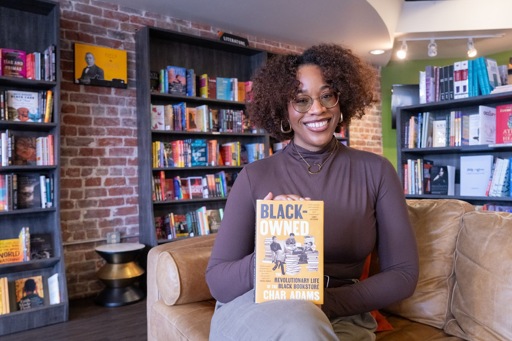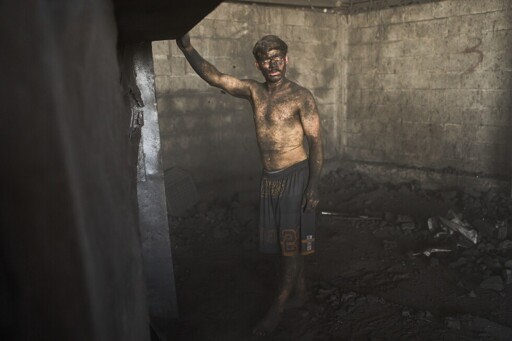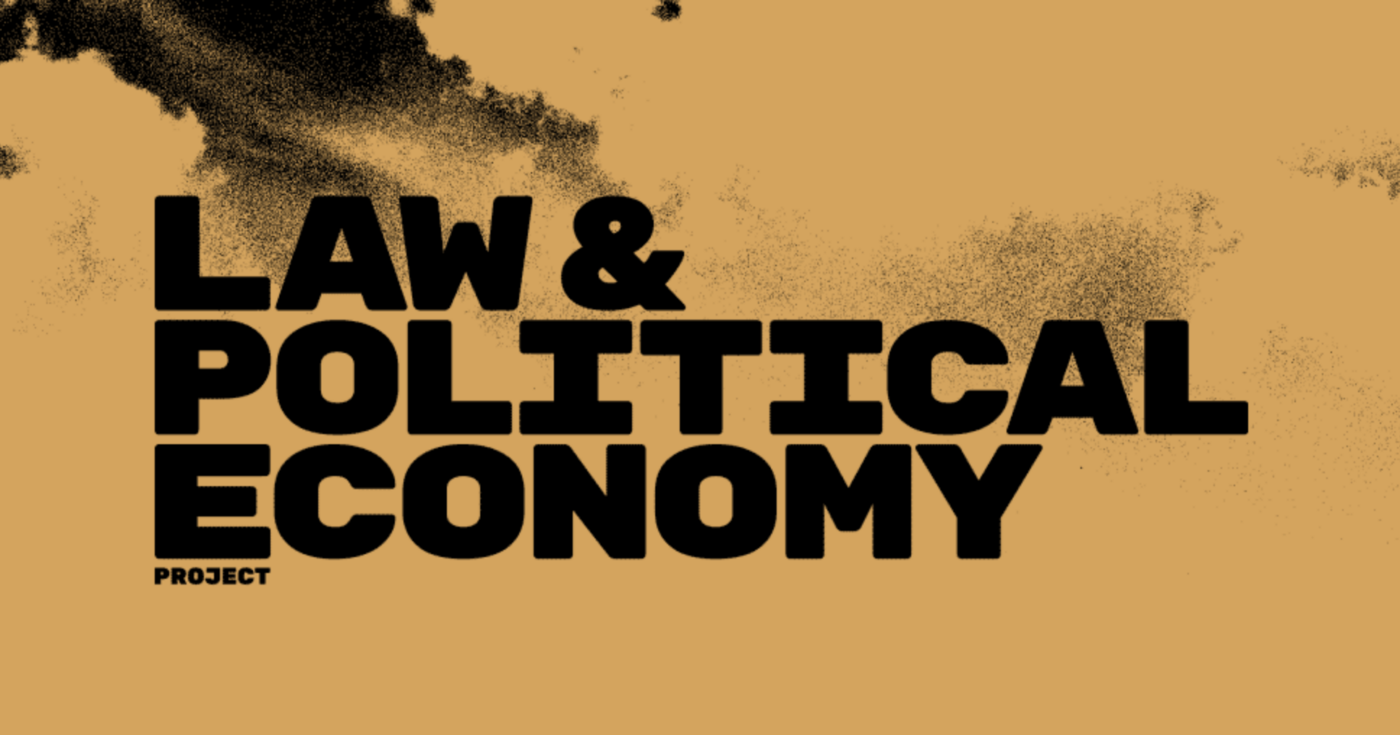alyaza [they/she]
internet gryphon. admin of Beehaw, mostly publicly interacting with people. nonbinary. they/she
- 415 Posts
- 15 Comments

 8·27 days ago
8·27 days agothey’re actually more overzealous in terms of policy about nudity and sexualized material than basically any alternative


 25·27 days ago
25·27 days agoIt’s so common for “anti-censorship” to be code for “Nazi-friendly” that I’m immediately suspicious of any platform that uses that as a selling point.
i don’t know if it’s a function of the ideological bent or just because the gigantic influx of users has totally swamped their moderation, but yes it does have problems with fascists as of writing

 3·28 days ago
3·28 days agooh, this is probably just because of the national strike day people are observing–it’ll be back up tomorrow

 2·2 months ago
2·2 months agoyou can subscribe over here:
Who are we? A collective of writers, editors, and designers who love to cook and eat, bon vivants who aspire to never be boring on the palate or the page. We will be delivering, piping hot or pleasantly cool, a newsletter to your inbox twice weekly. One will contain a recipe from our brilliant squad culinaire; the other will deliver investigations, scoops, dispatches, postcards, love letters, decoder rings, instruction manuals, vibe reports, archival cuts, menu doodles, paeans, diatribes, and gossip from the front lines of the human appetite. We will not use AI, because it has no taste.
Like any good meal, our most basic aspiration is to fill an empty space. Food is the stuff of life, and over the last 20 years has gone from a niche concern (beyond the “everybody eats” of it all) to a pillar of popular culture. And yet we’ve seen the number of outlets devoted to exploring it with genuine curiosity and delight dwindle over that same period. The legacy brands largely botched the transition from print to digital, chasing the pipe dream of infinite glassy eyeballs, and diluted their missions in the process. In an attempt to reach everyone, they no longer speak to anyone. Least of all, us: people who really care about food and cooking. Now, 16 years after it was unceremoniously folded, Gourmet has become a symbol of a food media that once was, a name sighed nostalgically to evoke a delicious absence.
This new Gourmet will be a return to form in some ways—fascinating, well-written, eccentric, delicious—but we will rely directly on our readers to keep the lights on, and avoid the hierarchies, inequities, and bloat of the ancien régime. We would rather write for a cohort of fellow travelers, passionate home cooks and nerds, than chase the dream of infinite scale.
We’re obviously not the only ones seeking alternatives to the Old Ways of Doing Things. Countless individual writers and cooks have set out on their own with a Substack, TikTok, or YouTube channel to disseminate recipes and tell stories about food. We love what many of them are doing.
But not everybody wants to be a singer-songwriter—some of us want to be in a band. There is something about a shared effort, a wobbly but recognizable editorial voice, a publication that is a stage, not a microphone, that we missed, and wanted to try to make. There is something, in other words, about a magazine.

 6·2 months ago
6·2 months agoall Civiqs polls use the methodology outline here, which is essentially that they pull a statistically representative subset of that number of people mentioned every day and ask them survey questions

 7·2 months ago
7·2 months agoi don’t know if these are going to topple the current government, but they’re in effect the culmination of every protest movement of the past few years and they’re coming after a reformist was elected so it seems something is going to have to give here

 10·2 months ago
10·2 months agothis feels like a good example of how rentier capitalism is totally cooking everyone’s brains. what are we doing here

 51·3 months ago
51·3 months agodeath toll is now at least 15 plus one of the shooters; it appears the duo were father and son and it is the son that is in custody

 28·3 months ago
28·3 months agoAs reported by Gamemakers and GameSpark and translated by Automaton, Fontworks LETS discontinued its game licence plan at the end of November.
The expensive replacement plan – offered through Fontwork’s parent company, Monotype – doesn’t even provide local pricing for Japanese developers, and comes with a 25,000 user-cap, which is likely not workable for Japan’s bigger studios.
The problem is further compounded by the difficulties and complexities of securing fonts that can accurately transcribe Kanji and Katakana characters.

 19·3 months ago
19·3 months agothe interview in question, which opens with the following exchange:
Newton: You have joined us today to talk about this new age-gating policy that Roblox is rolling out to protect kids. And I think we should start by just talking about the scope of the problem here. What has led you to this point? And how do you think of the problem of predators on Roblox?
Baszucki: We think of it not necessarily just as a problem, but an opportunity as well. (emphasis mine) How do we allow young people to build, communicate and hang out together? How do we build the future of communication at the same time? So we, you know, we’ve been, I think in a good way, working on this ever since we started. And when we were — this was almost 18 or 19 years ago — when we first launched the company and we had just four of us sitting in a room, we were literally the moderators, like we would rotate all the time. And so fast-forward to where we are today, it’s just like every week, what is the latest tech? At the scale we’re at, 150 million daily actives, 11 billion hours a month, like what is the best way to keep pushing this forward? And as you correctly note, we’ve just started adding that we’re going to be using facial age estimation with A.I. to complement that.

 0·3 months ago
0·3 months agothis is a rare area where not only does AI modeling seem actively useful, but potentially outright better than most of what’s in the field currently; don’t expect this to replace conventional modeling, but based on its solid performance this year DeepMind is almost certainly going to be a name you hear a lot in weather modeling going forward
Serious question: don’t the artists have the ability to remove their music from Spotify if the deal is so bad?
yes, and more than a few prominent ones have such as King Gizzard and the Lizard Wizard and Xiu Xiu, but for most artists it requires negotiation with your label (annoying, not ideal, you don’t have much leverage) and the willingness to take a potentially permanent revenue and recognition hit (Spotify has an estimated 700 million users) in an already difficult business

 1·3 months ago
1·3 months agoHolding a pro-Palestine candlelight vigil in Roblox, for example, whilst there are still Palestinian civilians being murdered is a woefully inadequate use of time and effort if you actually want to help.
the people holding a vigil like this are probably literal children, because Roblox is a game for and overwhelmingly played by children, so i don’t understand the criticism here–it’s unlikely they can help in any material way you could as an adult, but they can be politicized into understanding who deserves their sympathy and who is perpetrating harm that must be ended, which such a rally helps affirm

 1·4 months ago
1·4 months agothere’s some real deadpan gold in this one, such as the immaculate:
How do you feel about becoming a political lightning rod?
People occasionally just flip [me] off or whatever, but nobody’s come up to me and tried to make a statement about anything. Personally, it’s kind of dumb. It’s just a vehicle. So it’s ironic that it would even become a political statement, but nonetheless it is. [Editor’s note: Taylor was arrested and pleaded guilty to conspiracy to obstruct an official proceeding in the January 6 attack on the Capitol. He was later pardoned by President Trump.]
Moderates















































see also the coverage this has gotten in NPR: